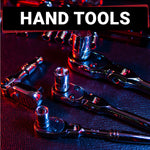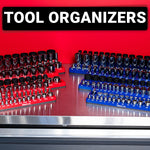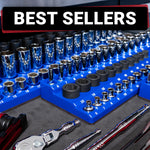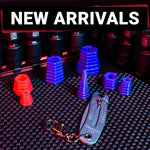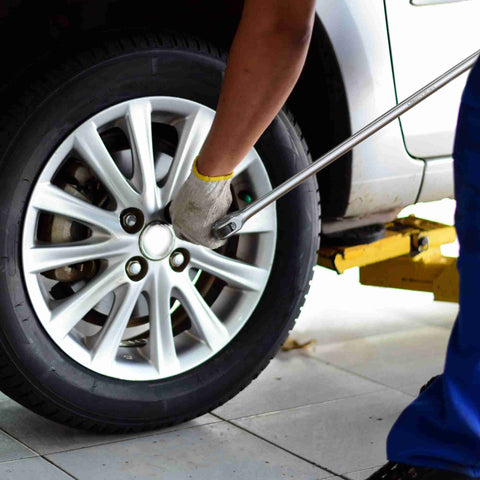If you’re part of the mechanic industry, chances are that you've seen terms such as ASME™, ANSI, ISO, or DIN while shopping for tools. Those organizations set and accredit professional “how to” rules or instructions to design, build, and test various products, and determine their strength.
We’ll be telling you the most important insights about ASME and ANSI guidelines, which are the leading standards organizations in North America when it comes to hand tools; by the end of this article, you’ll understand why you should be getting products that meet these standards.
Development of Standards
Standards are a set of guidelines and codes established by organizations; they set up the requirements to ensure that a product meets various predefined standards of strength, reliability, and safety. Whenever you see that a tool meets a certain set of criteria, it helps give you confidence that a manufacturer has paid attention to the industry standards. Tools that exceed those standards are built to go above and beyond the minimum requirements, which is a good indication that they are professional-grade quality.
For many tools, following the standards are voluntary; however, many industries require these certifications for safety’s sake, especially when it comes to tools measuring torque.
What Does ASME mean?
ASME stands for the American Society of Mechanical Engineers, a committee of experts in the field with a huge portfolio of standards across multiple categories including automotive products, piping, construction equipment, etc. Those professionals include manufacturers, mechanical engineers, testing laboratories, government regulatory agencies, universities, and more. These professionals work to determine industry standards based on real life experience from people in various industries.
In addition to developing standards, ASME accredits manufacturers to ensure that they are compliant with those guidelines and that workers are correctly qualified. ASME provides stamps to endorse companies and validate that their products are engineered following their specific guidelines.
A great benefit to having design standards is that it can also help guarantee compatibility between products from multiple manufacturers. With more than 100 countries recognizing ASME, this makes it possible for you to buy tools such as sockets and wrenches from basically any country and know that they will fit your parts if the manufacturer has followed the tolerances set out in the standards. By having clearly-defined design and manufacturing guidelines, you can be confident that a tool can satisfy (and even exceed) your expectations, no matter its origin. How great is that!?
Are ANSI & ASME the same?
Both organizations have the same goal of working towards standardization, but their function is different. ANSI, the American National Standards Institute, is a United States member of the International Organization for Standardization (ISO). As part of ISO, ANSI cooperates in the development processes for ISO standards.
In other words, ANSI does not write standards, but accredits standard developing organizations (ASME being one of them). The committee also has a more general role in overseeing the guidelines across various industries and ensuring the consistent development of different products and services.
ASME, on the other hand, is an ANSI-accredited group and creates documentation that is specific to the mechanical engineering sector.
Can a Tool Exceed the Standards?
When tools meet an ASME standard, it is designed to achieve the minimum level of performance required to do the job at hand. At Olsa Tools, we prioritize developing products that not only meet the industry standards, but go above and beyond what is “required” to deliver truly professional-grade tools.
Olsa Tools strives to exceed ASME & ISO torque standards by at least 30%-50% when it comes to our hand tools; some of our tools even exceed the required torque specs by over 80%! When a tool exceeds the standards, it means that it is even stronger, and built to a higher level of durability than the industry standard.
Below are some of our tools that exceed ASME & ISO standards:

Flex Head Ratchet
Extractor Wrench
Breaker Bar
Swivel Head Ratchet
Without a doubt, these standards are important to pay attention to for anyone looking for professional-quality products that can be passed down for generations. With Olsa Tools’ commitment to professional-grade products, you can be confident that your investment will be worth every dollar! Shop our professional-grade products below:
